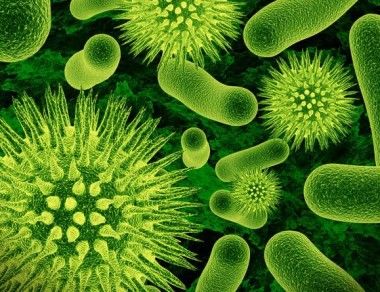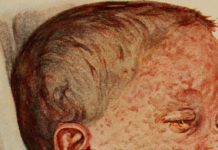
Assam health minister Himanta Biswa Sarma may subscribe to the view that cancer is “divine justice” for the sins of our father – or of ourselves – but scientific evidence suggests otherwise.
Sarma’s comments coincide with the publishing of the results of an analysis by American Cancer Society of the causes of the disease in in the United States that found that 42% of cancer cases and 45% of cancer deaths (which is more than 4 out of 10 total cases including deaths ) in the United States are linked to modifiable risk factors – and thus could be preventable. In other words lifestyle causes half of cancer deaths, at least in the US.
Sarma had said on Wednesday: “”God makes us suffer when we sin. Sometimes we come across young men getting inflicted with cancer or young men meeting with accidents. If you observe the background you will come to know that it’s divine justice. Nothing else. We have to suffer that divine justice.”
He may be loathe to accept the findings of a foreign association but there is no dearth of research to prove that India’s experience with cancer is comparable and that lifestyle indeed is a top cause of cancer. In a paper in The Lancet in 2014, researchers from a slew of centres across the country summed up India’s predilection. “…an estimated 600 000–700 000 deaths in India were caused by cancer in 2012. In age-standardised terms this figure is close to the mortality burden seen in high-income countries. Such figures are partly indicative of low rates of early-stage detection and poor treatment outcomes. Many cancer cases in India are associated with tobacco use, infections, and other avoidable causes. Social factors, especially inequalities, are major determinants of India’s cancer burden, with poorer people more likely to die from cancer before the age of 70 years than those who are more affluent.”
That many of the causes of cancer are preventable is all the more reason why statements such as the current one from a health minister are detrimental to India’s fight against the dreaded disease. Data compiled by the Central Bureau of Health Intelligence (CBHI) shows that in 2012 the total number of cancer cases reported in India were 10,57,204. In 2013 that figure rose to 10,86,783, in 2014 it was 11,17,269, and in 2015 it stood at 11,48,692. More recent data from the cancer registry run by the Indian Council of Medical Research also shows that the northeast – where Sarma comes from – reported the highest number of cancer cases in both males and females. Aizawl district in Mizoram reported the highest number of cases among males while Papumpare district in Arunachal Pradesh recorded the highest number among females. According to ICMR, cancer of breast with estimated 1.5 lakh (over 10 per cent of all cancers) new cases during 2016, is the number one cancer overall. Cancer of the lung is the next with estimated 1.14 lakh (83,000 in males and 31,000 in females) new cases during 2016 and 1.4 lakh cases in 2020. Cancer of the cervix is the third most common cancer with estimated 1 lakh new cases in 2016 and about 1.04 lakh during 2020. Cancers associated with the use of tobacco account for about 30 per cent of all cancers in males and females.”
The US cancer study meanwhile found that cigarette smoking is still the number one risk factor followed by excess body weight, drinking alcohol, eating red and processed meat, lack of physical activity, diet low in fruits and vegetables (low fibre diets), ultraviolet radiation exposure and infections caused by Helicobacter pylori, Hepatitis B virus, Hepatitis C virus ,Human immunodeficiency virus, Human papillomavirus & Human herpesvirus type 8. Small percentage of cancers are however genetically inherited from parents to children.













